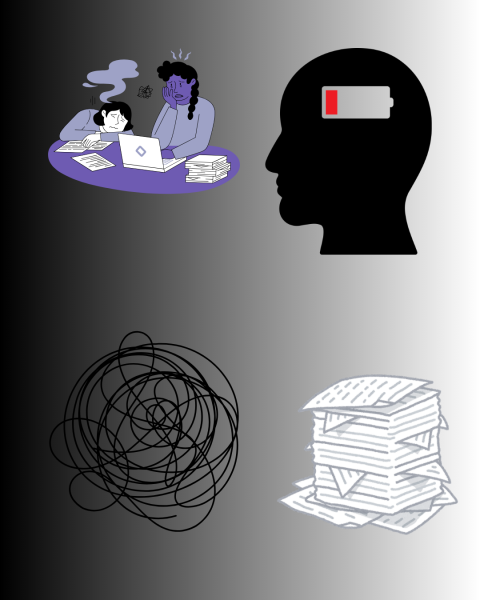Monkeypox reactions reflect the AIDS epidemic
Getty Images
While concern for the monkeypox virus has started to increase, it is becoming more important to educate yourself on the disease.
While the fear of the COVID-19 virus begins to slow and safety restrictions continue to lift, concern over the threat of the monkeypox virus has started to increase. Fear can drive groups or individuals to behave rashly, and with the misinformation about the disease circulating through the media, it is important to educate ourselves to avoid repeating the mistakes of the AIDS epidemic.
The most concerning of these mistakes is pushing the idea that only those of a particular identity or orientation can contract the disease.
The media has created the stigma that only gay or bisexual men can contract this disease, with major headlines reading, “WHO recommends gay and bisexual men limit sexual partners to reduce the spread of monkeypox,” and, “Is sex worth the risk? Monkeypox just the latest virus to threaten gay intimacy.”
It is unfair to place the blame on a set group of individuals for the spread of monkeypox. This disease does not discriminate, but spreads to men, women and non-binary individuals.
While monkeypox is still a new disease, and much is still unknown, we are seeing more cases of women contracting the virus.
Two women in New York have recently been diagnosed with monkeypox. Additionally, Chicago has five infected women, four transgender women, five transgender men and 54 individuals marked as “unknown,” as reported by the Chicago MPV Dashboard.
Just as AIDS was wrongfully viewed as the “gay disease,” monkeypox being treated similarly is disappointing considering the tremendous strides of the LGBTQ+ community these last several years.
In fact, it has since been discovered that nearly 20% of those with HIV/AIDS are women, reported the National Institute of Health.
Seeing men stuck waiting in long lines outside health clinics to receive the extremely limited monkeypox vaccines, JYNNEOS and ACAM2000, is an image all too familiar, furthering the thought that history has already begun to repeat itself.
The Monkeypox virus is still too new; while researching it is important, it also remains important to understand that the information is still changing rapidly.
All we have to do is look at what was known about AIDS when it first began to spread versus what is known now. Today, we know so much more about COVID-19 than we did back in 2020.
“Monkeypox is a rare disease caused by infection with the monkeypox virus,” reported the Center for Disease Control. Many of the symptoms include fevers, rashes, chills, swollen lymph nodes, exhaustion and respiratory symptoms.
It is important to remember these symptoms and move forward with caution, no matter which gender you identify with. It is not someone else’s problem, this is an issue that everyone has to deal with in some way or another.








